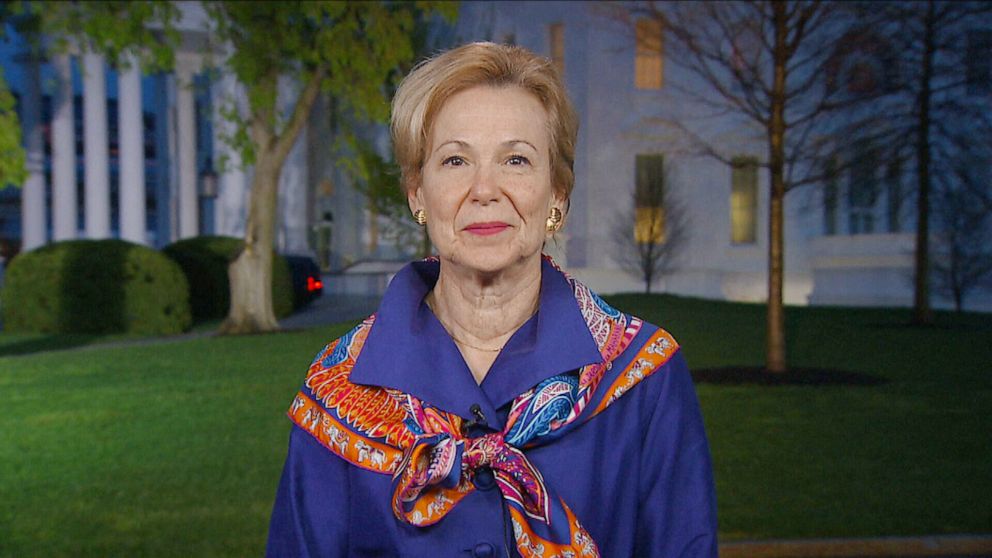Birx warns of 'troubling signs' in Northeast amid 'very different' spread of COVID-19
Dr. Deborah Birx, the White House coronavirus response coordinator, said states in the Northeast are showing "troubling signs" that they could reemerge as COVID-19 hotspots.
"It’s early here," Birx said at a press conference Thursday, after participating in a roundtable discussion at the University of Connecticut's campus in Hartford. "We can continue in the Northeast to contain the virus."
As the weather turns colder, Birx said the novel coronavirus is transmitting more rapidly within families and social groups than in schools or workplaces where people are taking precautions. She said it's a lesson that was learned in the South during the summer when people went indoors for air-conditioning to escape the heat and humidity.

"What we’re seeing in the community is much more spread occurring in households and in social occasions, small gatherings where people have come inside, taken off their mask to eat or drink or socialize with one another," she said.
Northeastern states, once a hotbed for the virus, are beginning to see upticks in COVID-19, case numbers, positivity rates and hospitalizations.
"This is really a message to everyone in Connecticut: the kind of spread that we’re seeing now is very different from the spread we experienced in March and April,” Birx warned. "What we did in the spring is not going to work in the fall."




